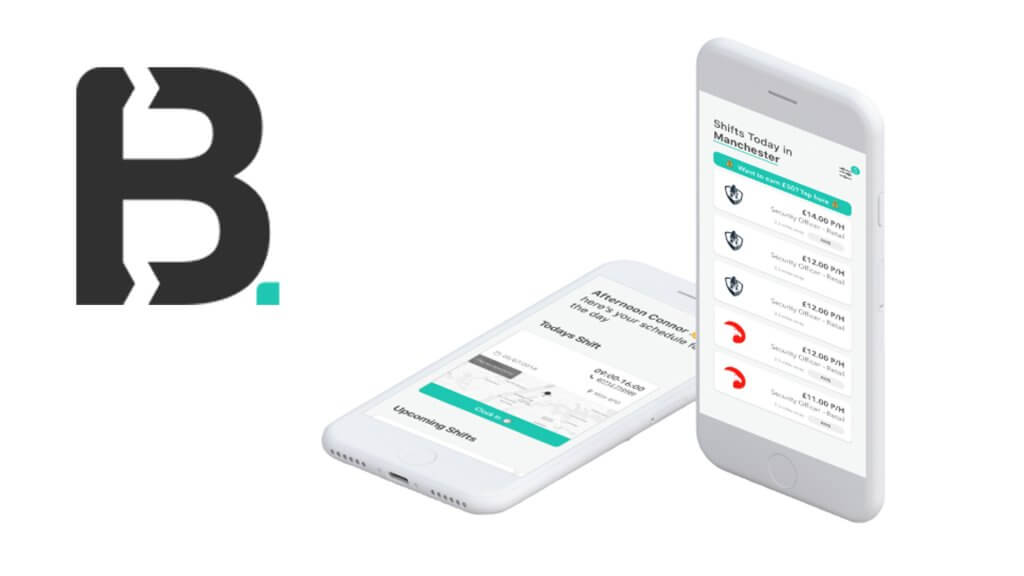
Small business loans are a type of financing designed to provide financial assistance to small businesses. These loans can be used to cover various business expenses, such as purchasing equipment and inventory, or expanding the business.
According to a report by the Small Business Administration, nearly 50% of small businesses fail within their first five years. One of the main reasons for this high failure rate is because these businesses failed to secure the funding they needed to get off their feet. This article explores small business loans, as well as alternative sources of financing for your small business.
What are the types of small business loans available?
Some of the most popular types of small business loans available include the following:
Term Loans
Term loans are traditional loans that offer a lump sum of cash that is repaid over a fixed term with interest. They can be secured or unsecured, which will often end up determining the amount of interest that your business may be charged on the short term loan.
SBA Loans
The Small Business Administration offers various loans for small businesses, including the popular 7(a) loan program. They tend to be easier to qualify for but can take longer to process due to the demand.
Business Lines of Credit
A business line of credit provides small businesses with access to a set amount of money that can be drawn upon as needed. Interest is only charged on the amount used, making it an affordable option for short-term financing if you do not need to borrow large amounts.
Equipment Loans
Equipment loans are used to finance the purchase of equipment or machinery for a business. These loans are secured by the equipment being purchased, meaning you can get them at a lower rate compared to unsecured loans.
Invoice Financing
Invoice financing, also known as accounts receivable financing, lets small businesses borrow money against their outstanding invoices. This type of financing is often used to improve cash flow and reduce the impact of late-paying customers. It can be a great option for businesses who transact often.
Risks of taking out a small business loans
Taking out a small business loan carries some risks, including the following:
- The risk of damaging your credit score if you default on your loan and cannot pay it back on time
- The risk of penalties, fees, and legal action if you make too many late payments
- The risk of accumulating new debt to pay off existing debt, which can lead you to be trapped in a negative cycle
- Losing your assets to your lender if you miss a payment
Alternatives to taking out a small business loans
While loans can be a valuable source of funding for small businesses, some small business owners may want to opt for less risky alternatives. This includes the following:
Grants
Small business grants are a set amount of cash that do not need to be repaid, but must be spent on your business. They are often available to businesses in specific industries or locations, or may exist to reward particularly eco-friendly businesses. They can be harder to get approved for, and may require you to meet certain strict qualifications. Although grants can be time-consuming to apply for, they have the advantage that they do not carry interest or need to be repaid at all.
Crowdfunding
Crowdfunding is when businesses raise money from a large number of people, usually online. This works best for businesses that have a unique or compelling product or service, or who have a large online following. It can be difficult for small businesses to be seen on saturated platforms like GoFundMe without an existing fanbase.
Equity Financing
This is when business owners sell a portion of their business to an investor in exchange for funding. This can be a good option for businesses that are seeking larger amounts of capital and are willing to give up some control over their business, as the investor will likely end up having a say in future business decisions.
Factoring
Factoring is a form of financing where you sell your accounts receivable to a third party at a discount in exchange for immediate cash. This can be a good option for businesses that have a lot of outstanding invoices, but is otherwise not considered a particularly favourable option.





















